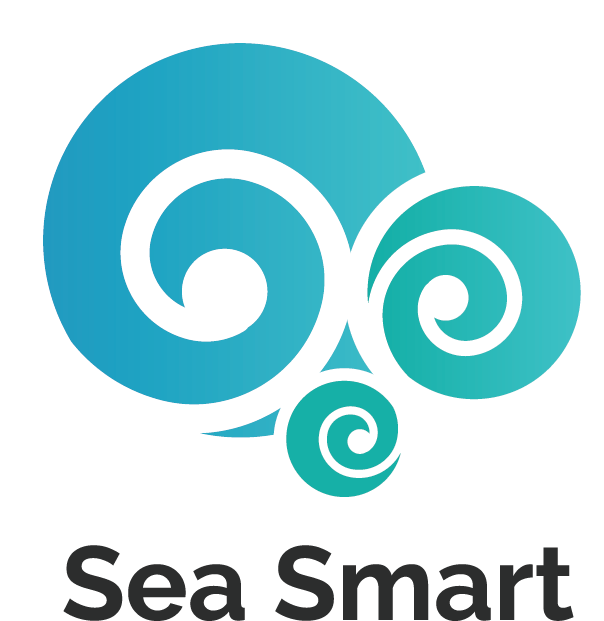Ways Your Family Can Help Protect The Ocean During The Decade of Ocean Science
Did you know that 2021 marks the first year in the United Nations Decade of Ocean Science for Sustainable Development? According to the United Nations, oceans cover three-quarters of the earth's surface and 97% of the earth's water. Unfortunately, "roughly 80 percent of marine and coastal pollution originates on land- including agricultural run-off, pesticides, and plastic pollution".
So what can you and your family do to help protect the ocean this year, and the years to come? Sea Smart has put together a list of ocean-friendly tips to help lower your family's environmental footprint, and help protect our oceans.
1) Learn more about the ocean! Sea Smart's mission is to inspire people to love and protect our oceans, and we know first-hand the impact that knowledge can have on empowering people to protect our oceans. Take a trip to a local aquarium (or tour them online during COVID), try out one of our online courses or free resources, or get out and visit our ocean's first-hand! Sea Smart created an Explore The Shore Challenge for hands-on educational fun for the whole family.
2) Conserve water where you can! It may seem obvious, but conserving water can help reduce your family's environmental impact! We recommend encouraging everyone to turn off the water when they brush their teeth or making an effort to take quick showers. Other water-related tips include using a reusable water bottle, and using pasta water (only if it is unsalted) to water your plants!
3) Eat sustainable seafood! We know it can be hard to know what fish are sustainable and okay to eat, so we recommend learning more about the eco-certification of seafood and supporting small, well-managed, wild fisheries. You can also choose to eat fish that are abundant, rather than choosing species that are at risk of being overfished.
4) Reduce your single-use plastic intake, and reuse items whenever you can! We recommended encouraging your family to find new uses for used or old items, like turning old clothes into pillowcases or making art with any old items! It's also a great way to encourage creativity and off-screen time while teaching your family another way to recycle. Choosing reusable items is also a great way to help protect our oceans from plastic pollution.
5) Invest in organizations that are protecting our oceans! Become a monthly donor of organizations like Sea Smart, or volunteer/participate in neighbourhood or coastal cleanup projects! You can also foster a love for oceans in your family by signing your kids up for educational summer camps or courses from Sea Smart, local aquariums, and other organizations in your city!

